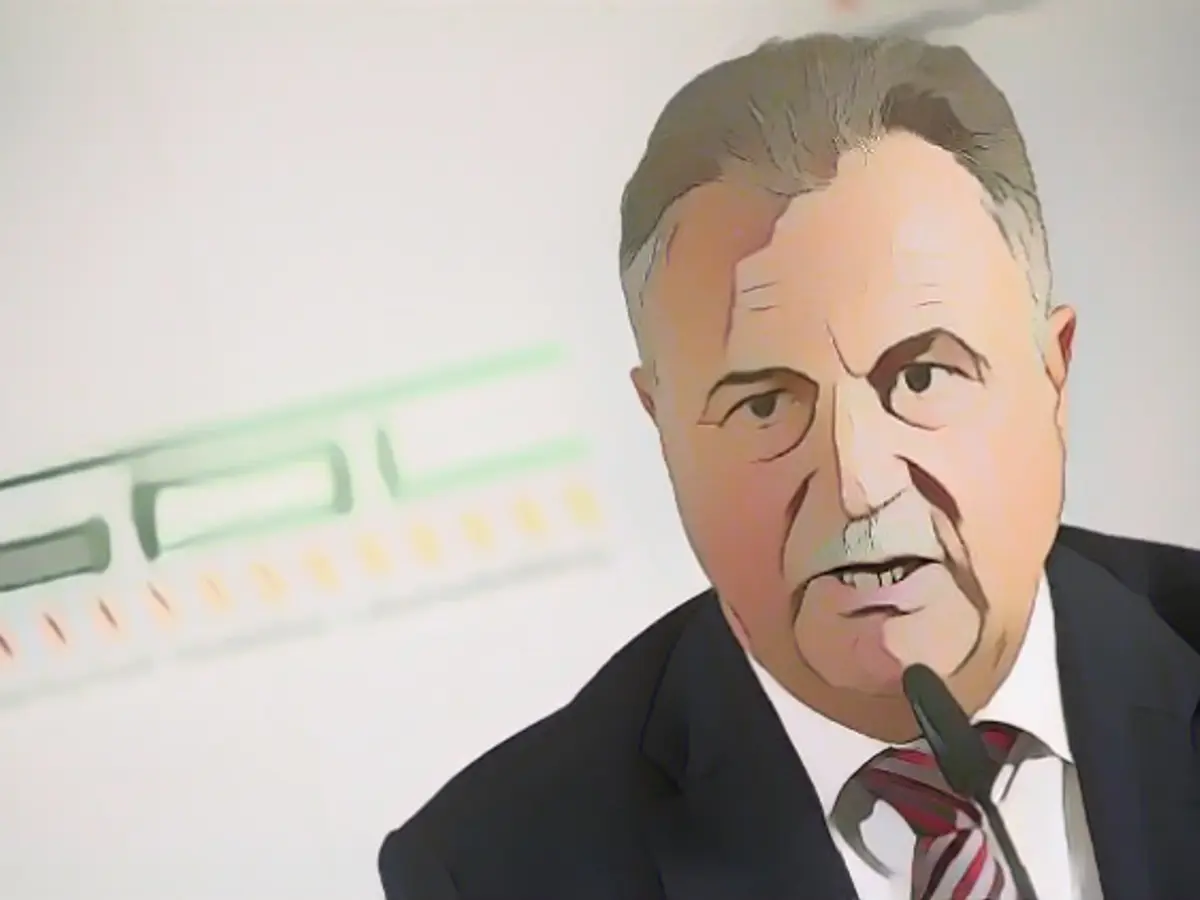Deutsche Bahn and GDL's Boss Claus Weselsky Continue Wage Dispute, Threatening More Strikes
In the ongoing wage dispute between Deutsche Bahn and the German Train Drivers' Union (GDL), Weselsky has announced another round of potential strikes. "We're not backing down," Weselsky said in a statement to the Rheinische Post, telling them that "another warning strike is imminent."
Despite Deutsche Bahn's offer of an 11% wage increase and an inflation bonus of up to 2850 euros, the GDL insists on a reduction in working hours from 38 to 35 hours with a four-day week. "We need fair pay and better work-life balance," Weselsky explained, criticizing the employer side for its lack of interest in upgrading the professions at Deutsche Bahn and the stonewalling on reducing working hours.
Both parties acknowledge the need for dialogue, with EVG emphasizing that strikes should be a last resort. With elections approaching, political uncertainty might impact the outcome of the negotiations. As of now, the core issue remains wage increases and job security, with the possibility of strikes starting in April if no agreement is reached.
The latest developments and potential solutions in the ongoing wage dispute between Deutsche Bahn and the Eisenbahn- und Verkehrsgewerkschaft (EVG) are not specifically related to the demand for a reduction in working hours from 38 to 35 hours with a four-day week. Instead, the current focus is on wage increases and job security.
- Deutsche Bahn and EVG are in urgent wage negotiations, with the current collective bargaining agreement set to expire on March 31, 2025. The first round of negotiations concluded without reaching an agreement.
- EVG demands a 7.6% pay raise, while Deutsche Bahn has offered up to 6.6%. The union additionally seeks additional benefits for shift workers and job security guarantees through 2027.
- If negotiations fail, the risk of strikes significantly increases, potentially disrupting rail services from April onward.
- Political uncertainty adds to the mix, with certain parties advocating for the privatization of segments of Deutsche Bahn, a stance that EVG opposes.
- Both parties are committed to productive dialogue and maintaining open lines of communication, with EVG stressing that strikes should be a last resort.




